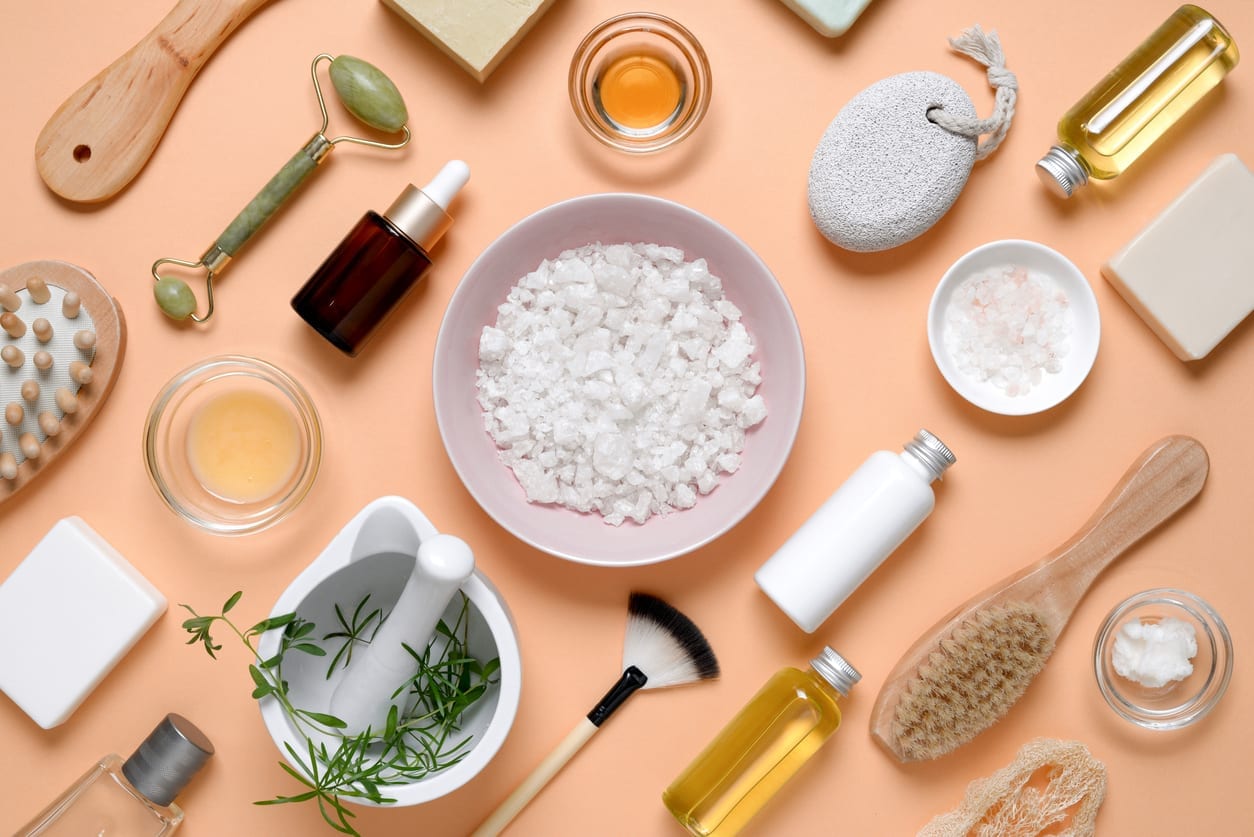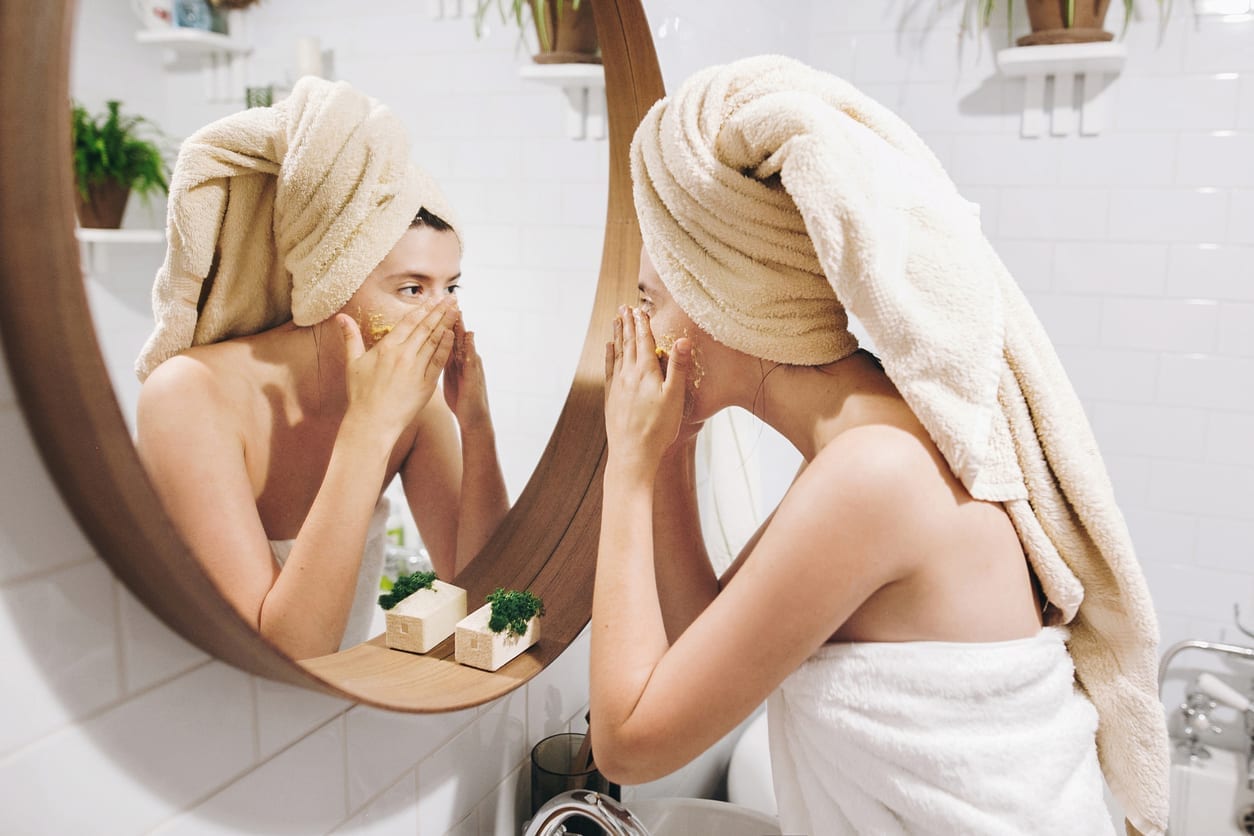Our Clinic in Guernsey
Albert House
South Esplanade
St. Peter Port
Guernsey
GY1 1AW
Tel: 01481 736699
Fax: 01481 736688
View on Map
If you require further information about any of our treatments, our medical team, or availability of appointments, please do not hesitate to contact us by telephone, email or simply by filling out the contact form.
Albert House
South Esplanade
St. Peter Port
Guernsey
GY1 1AW
Tel: 01481 736699
Fax: 01481 736688
View on Map
Operating across the Channel Islands and in the UK, the Aesthetic Skin Clinic (ASC) is a trusted, leading name within the medical aesthetic industry. Our cosmetic clinics are located in Jersey and Guernsey, as well as Belfast, Northern Ireland.
Albert House
South Esplanade
St. Peter Port
Guernsey
GY1 1AW
Tel: 01481 736699
Fax: 01481 736688
View on Map
Find out more
There are plenty of articles available to read on skincare, but many of which talk about long, complicated skincare routines that are “essential” for achieving good skin.
It doesn’t have to be that daunting or hard.
In this article, we’ll be focusing on some of the more basic, but worthwhile, skincare tips. These simple educational tips will highlight how you can look after your skin on a regular basis, especially whilst in lockdown.

Cleansing your skin is crucial to clean any debris and dirt that accumulated on its surface during the day – or night – so you shouldn’t skip this basic step. Before you do anything else, including exfoliating, you’ll want to cleanse your skin, especially if you’ve been wearing makeup.
Make sure to get everything so it doesn’t stay on your skin clogging up pores; wash your face thoroughly to ensure that you’re not missing any spots. You also need to find the right cleanser for your skin type. If you have dry skin, for instance, a glycolic cleanser is a good option.
One thing you should stop doing (if it’s a habit) is touching your face. Coronavirus notwithstanding, if you touch your face often you may see an increase in acne due to the spread of bacteria. Touching your face can also lead to more wrinkles, so it’s important to avoid it whenever possible.
Another thing that may seem basic is applying sunscreen. However, it’s very important to do so in order to protect your skin from the sun’s harmful UV rays. While we’re still in lockdown, measures are easing up and people are going out a lot more. Plus, the weather is getting better, so make sure that you apply sunscreen of, at least, SPF 30 and broad spectrum, before you leave your home.
We can’t emphasise enough just how important moisturising is. It keeps dryness away by replacing moisture on the skin and by preventing future loss. It can also slow the first signs of ageing; moisturisers help to hydrate the skin, which helps to keep it looking younger for longer.
Dry skin can lead to excess production of oil as compensation, which can then lead to clogged pores, breakouts and acne; so, your moisturiser will keep your skin hydrated and producing just the right amount of oils. If you have sensitive skin, moisturising it can soothe it as well.
You can also choose a moisturiser with sunscreen if you prefer. A daytime moisturiser tends to be lighter, while thicker creams are better suited for nighttime use. This is because you don’t have to worry about spending the day or leaving the house with a greasy complexion; and you also won’t be applying makeup on top of it.
Any serums, toners and exfoliants should be applied after cleansing but before you moisturise. You’ve probably heard all about how you should exfoliate often to remove dead cells that build up on the top layer of your skin, and which make your complexion look dull – however, you’d be surprised at how few times people actually exfoliate.
Don’t skip this skincare basic, especially as it can give you more radiant, youthful-looking skin. You should exfoliate at night and up to three times a week; don’t do it every day, since this can damage your skin.

We mentioned above that hydrated skin looks younger, but that’s not the only reason why you should drink water. Your skin will feel tight, dry and flaky if you’re dehydrated, since your skin is mostly made up of water – if you want it to function well and to look good, water is a key element in your day-to-day routine.
In addition, your skin is also likely to become puffier when you’re dehydrated because your body is retaining water. To reduce swelling, you need to be drinking enough water.
The skin under your eyes is thinner and a lot more delicate than the rest of your face, so it needs to be protected as well. Your eyes do a lot of work throughout the day, such as blinking, which can lead to early signs of ageing in the area under your eyes.
It’s easy to forget about it when applying your usual products but, if you want to deal with dark circles and crow’s feet, eye creams are a must. They also protect this area from products that can cause irritation, including makeup.
If you’re looking to address fine lines, creams with retinol in their composition may be the better option, while for dark circles, products with vitamin C and niacinamide can be useful.
This is an obvious tip, but many people don’t comply with it. If you cake on several skincare products, you’re opening the door to breakouts and clogged pores. Plus, the different products you use may also counteract one another or irritate your skin. It’s important to let the skin breathe, then, so avoid layering multiple creams at once.
At our cosmetic skin clinic in Guernsey, cosmetic skin clinic in Jersey and cosmetic skin clinic in Belfast, we understand the importance of basic skincare, as well as how easy it can be to skip them. You should stick to a skincare routine even if you’re spending more time at home, which will help you to achieve the radiant, youthful and glowing complexion you’re looking for.
Don’t hesitate to get in touch with us to learn more about our many treatments and how we can help you.




